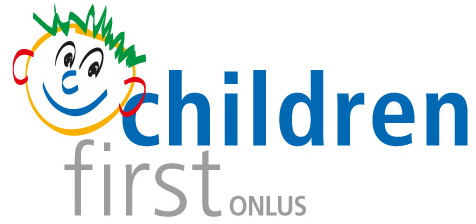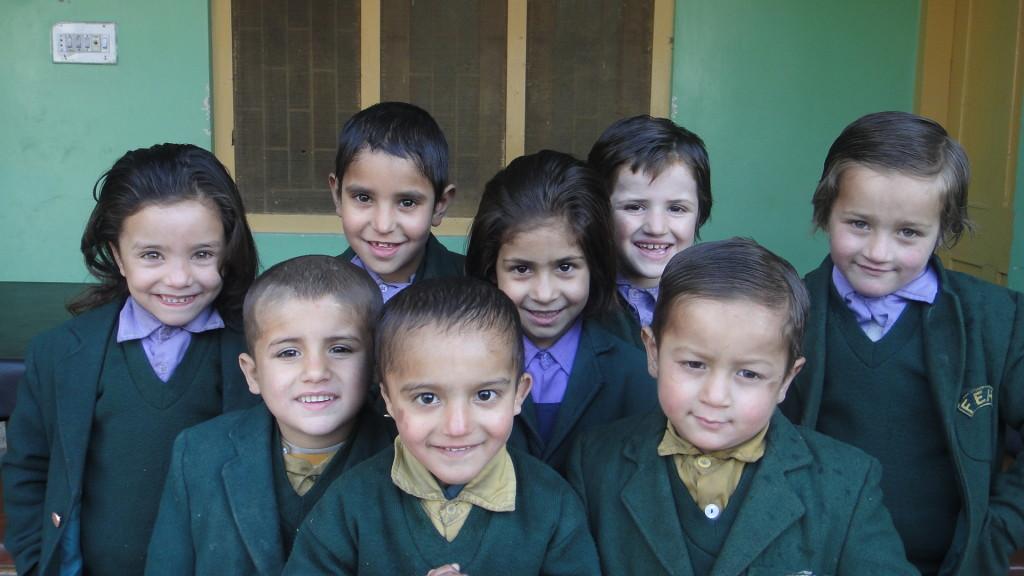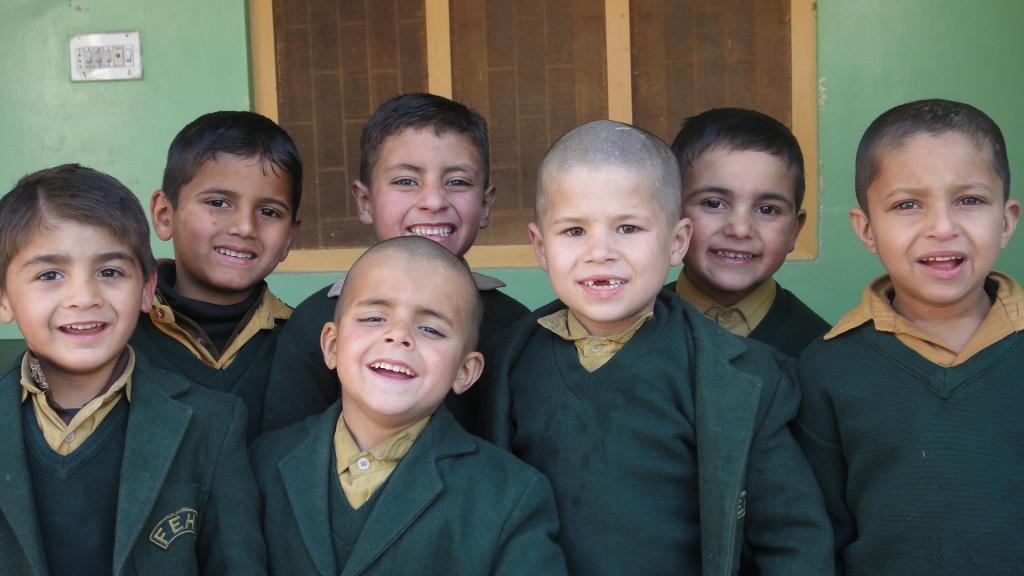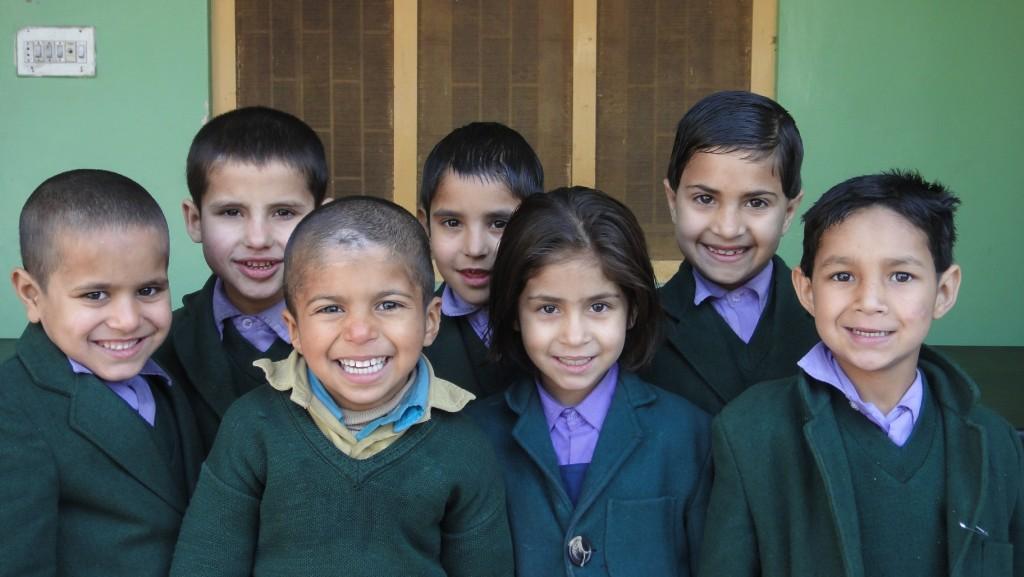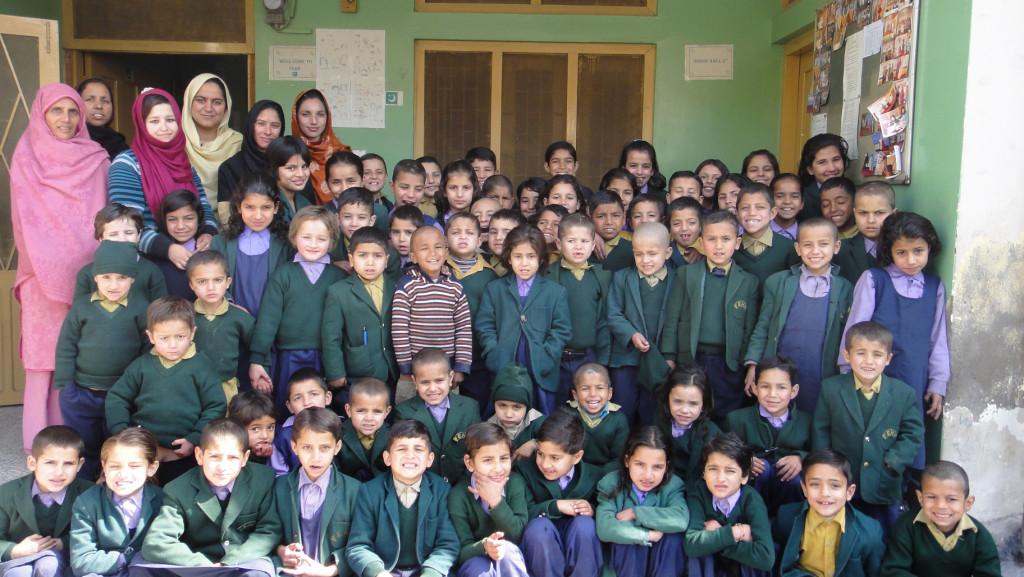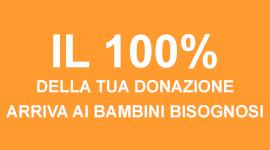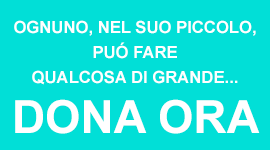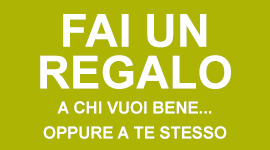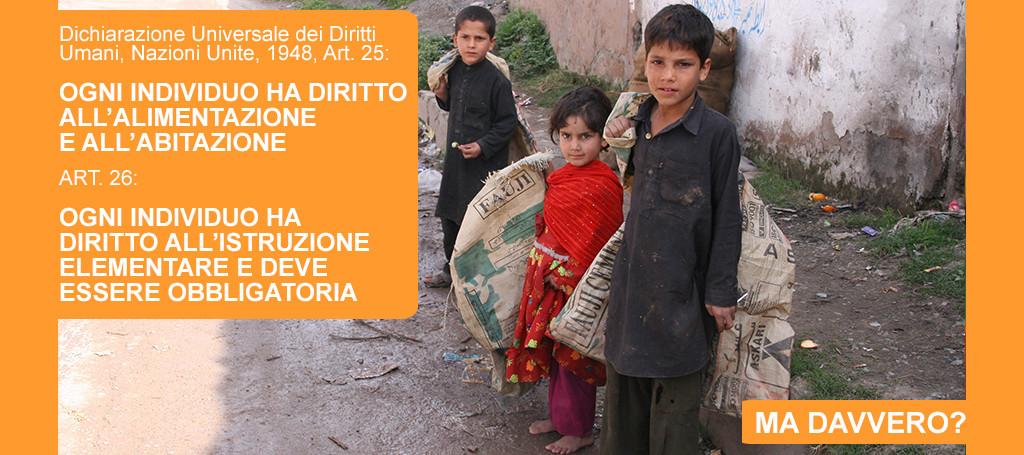
The “Cibo-Scuola-Casa” (CSC) or “Food-Education-Home Project” (FEHP) refuge for the “rubbish dump children” in Muzaffarabad, Azad & Kashmir (Pakistan)
On the streets in the urban areas of Muzaffarabad, in the semi-autonomous zone of Azad Kashmir (Pakistan), hundreds of children are involved in daily work, in underage begging, in rummaging through rubbish and in other unworthy activities. They have to face neglect, discrimination, trauma, fear and, very often, physical abuse. In light of this situation, we decided to intervene to try and address and resolve these problems by identifying the most vulnerable children and contacting their almost always broken, neglected, poor families.
Even though the government and the various national and international organizations have extended their support to reactivate educational activities in areas affected by the earthquake of 2005, there is still an urgent need to rehabilitate a large number of children, especially street children and the “rubbish dump children”.
The help these children and their parents need requires a lot of experience, a lot of human and financial resources and great coordination between the creator and financier of the CHILDREN FIRST charity, our partner organization GMMWT “Ghulam Mohammad Memorial Welfare Trust” (See “People”), the Ministry of Education and the Department of Education. The president of GMMWT, Mukthar Ahmed Awan (who is a lawyer by profession) and his volunteers all possess a great philanthropic spirit and provide their time, professionalism and reliability to others.
Actual Help
In April 2011, in Muzaffarabad, we opened the “CIBO-SCUOLA-CASA” (CSC) refuge or rather, the “Food-Education-Home Project” (FEHP).
In the refuge, 70 extremely poor children ranging from 2 ½ year-olds to 11 year-olds (at the time of their reception), so-called “rubbish dump children” and “street children” attend four different classes. There is the “Play Group” for younger children (From 2 ½ to 4 year- olds), the “Nursery Group” (From 4 to 6 year year-olds), the “Pre-Class” (From 6 to 8 year-olds) and the “First Class” (From 8 to 11 year-olds). The ages are approximate because each child is assigned to a class based on his or her degree of learning and maturity. That means it is possible that two children of the same age are assigned to different classes. The objective of this project is to get children off the street and to stop them from begging, rummaging around in the rubbish, and basically from having to work around the clock to contribute to the daily expenses of their families with what little they earn.
Firstly, children are contacted on the streets by our local collaborators who subsequently get to know their families to assess what actual level of poverty they face. We then choose the most vulnerable and poor, who are usually “rubbish dump children”, that is, the children who are forced to rummage through waste looking for items which they can sell to enable their families to survive. Under no circumstances do the religion or ethnic background of the child influence our choice- Christians, Muslims and even Afghans attend our structure.
The aim of this project is to ensure that these disadvantaged children (who usually live in tents or in shacks made of corrugated iron sheets placed one on top of the other) attend school regularly. They must be able to have five hours a day of lessons for six days a week, and be taught by professionally trained teachers. In addition to literature and mathematics, school education includes basic information about Pakistan’s culture, ethics, society, religion and music. They are also guaranteed healthy, nutritious food (three meals a day), and spend the whole day in a safe and welcoming environment with adequate sanitation (toilets and showers). They have health-checks every three months by a pediatrician and receive all the attention and affection of the teachers and all those in charge of the structure (click here to read the brochure of the project). Moreover, all children can use our safe transport service, consisting of 3 small buses. We offer a total of about 15 stops in and around Muzaffarabad, where the children can get on and off in the vicinity of their homes. After completing the first class the children are “reinstated” in public or private schools in Muzaffarabad while continuing to be part of the project and always remaining under our protection and “surveillance”. In this way we can reintegrate these children into their communities where they become respected members of society and self-sufficient citizens.
Some of the expenditure intended for the implementation of the project is funded by our sponsorship programme that enables sponsors to support a child for 30 Euros a month, the amount of which helps the child’s parents to guarantee the children food after school and during the holidays. Any other costs going towards the structure are covered by donations. The annual budget for the realization and maintenance of the FEHP project amounts to about 48000 Euros.
“The life of a child is priceless! For those of you who think you cannot save the world- I say -Save just one child. The child is not the world but it is its own mother’s world … We can all save a life. Just one of these lives IS WORTH THE ENTIRE WORLD! ”
